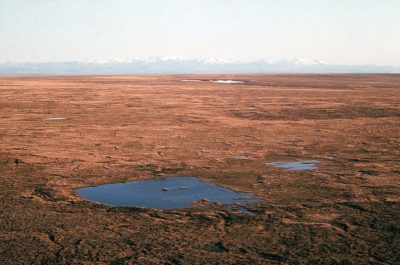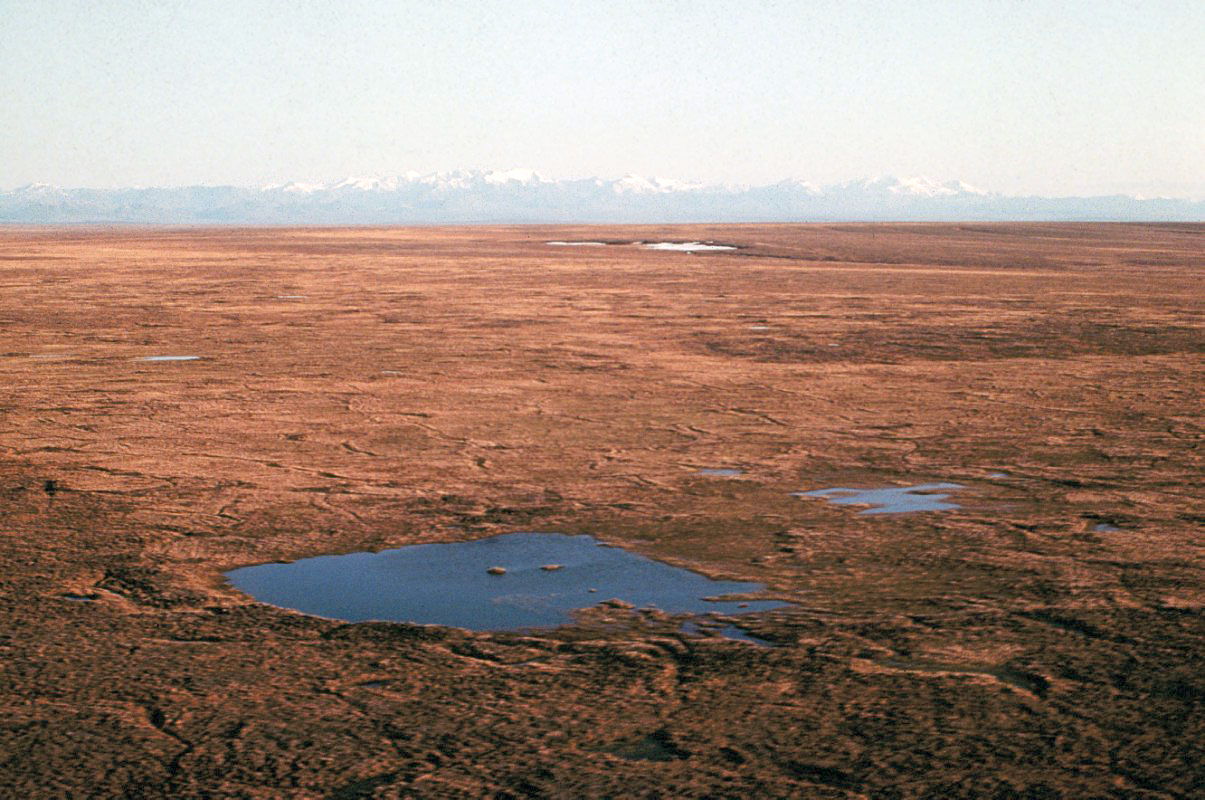
Democracy. So many people seem to love it, including one man named Korach. Yet, reading this week’s Torah portion, we might find that the Torah does not share this love of a government run by the people. When Korach leads a group to protest against Moses and Aaron’s control of the Jewish people, God punishes them by opening the ground beneath them, swallowing them alive. It seems Occupy protesters getting maced have it easy compared to Korach.
Judaism doesn’t necessarily have an anti-democracy stance. In the Talmud there is even a story where one rabbi, Rabbi Eliezer, has a few great ideas that are completely inline with the Torah— an angel even comes down to show support— but unfortunately for him, the majority doesn’t support him. Their response? Excommunication! Democracy over the will of the individual. But isn’t the completely opposite value demonstrated our parsha?
The problem with Korach isn’t be that he wants to give power to the people. As a matter of fact, much of the power is already in the hands of the people by this point. Each tribe had its own leaders, and Moses had just established courts consisting of representatives from among those tribes. It might not be the democratic system that we think of today, but it was far from a despotic rulership, as Korach would have us believe.
Korach’s issue was that he wanted power, not for the people, but for himself. Korach is the Fidel Castro, Vladimir Lenin, or Saddam Hussein of the Bible, leading a popular revolution only to place himself and his lackeys in power. When things start to look a bit dangerous for the protesters, Korach pushes on. Moses tells them to bring incense tomorrow as if you were a priest, and God will kill all those not meant to be priests. This probably should have been a warning sign for Korach and his people, but it wasn’t. The medieval commentator Rashi explains that Korach had a vision that the future leader of the Jewish people, Samuel, would descend from him, so he decided that God would not kill him. He may kill the other people, but Korach didn’t care— in truth, it was all about him.
It is not just a desire for power that drives Korach, but a high level of stubbornness among he and his followers. Moses warns them, speaks kindly, and gives them every opportunity to turn away from doing this sin. Yet, they push on, stubborn and unwilling to listen to reason.
The root of Korach’s name, Kaf Resh Chet, also can be used in the word kerach, meaning ice. Korach is not the type of ice that we place in our drinks to cool off in the heat. Korach’s refusal to listen to the words of Moses is like a frozen river in which the ice goes so deep that it is impossible to get to the water beneath. He is a tundra, a frozen wasteland in which nothing can grow, refusing support others through heeding the warnings of Moses. His punishment? To be frozen in time beneath the earth, neither dead nor really alive.
The Torah is trying to warn us, as it so often does, about fighting against a trait that so many of us have— that of being stiff-necked, stubborn. We may not want to admit it, but for many, the idea of heeding the advice of others often feels distasteful. Perhaps it was made a part of our nature just to give our parents the opportunity to say “I told you so.” The minute we make up our minds about something, no matter the logic they bring in, for most of us, there is no dissuading us.
We may think that we are not being stubborn, pretending that what we have instead is conviction, but there is a difference between being stubborn and having conviction. When the Jewish people refused to give in to their many conquerors, that was conviction— Judaism was something they truly believed in, and they refused to give it up to outside pressures. In the case of Korach, he was not guided by conviction, he did not fully believe that the Jewish people should be run more democratically, he just wanted to be in power. That was stubbornness.
Add a few drops of water to a bucket already filled with it and the water remains the same, only having grown a small amount. Try doing the same with a bucket of frozen water, and those few drops will not add to the water, they will sit at the top, unable to become a part of the rest. When we have conviction, we are able to receive the words of others, considering them before making our decision to remain firm. When we are stubborn, those same words will not be able to penetrate our thoughts.
We cannot allow ourselves to be like ice, refusing others the ability to plant anything within us. Instead, we should learn from the story of Korach. Moses’ name means “drawn from water.” Moses’ skill as the leader of the Israelites was in part due to his ability to listen to them. He was not ice, frozen and unable to receive the words of others. Instead, he drew in the words of others such as Jethro, Bezalel, and God. We should choose to be more like Moses, willing to draw in water, nourishing ourselves and others through a willingness to learn.
David Gutbezahl is a student at Gratz College.

